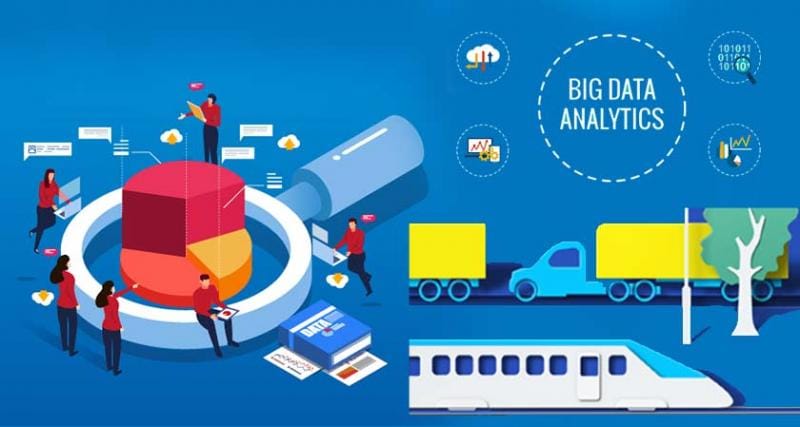The logistics industry has undergone a significant transformation in recent years, thanks to the advent of data analytics. As a result of analyzing large quantities of data, logistics companies can now streamline their operations, lower costs, and enhance customer satisfaction.
One of the most notable ways in which data analytics is revolutionizing the logistics industry is by optimizing supply chain management. As companies scrutinize their supply chain data, they can pinpoint inefficiencies, shorten lead times, and optimize inventory levels. For instance, Amazon’s Prime Air delivery service utilizes data analytics to perfect the delivery routes of their drones, which cuts down on the time it takes to deliver packages to customers.
Data analytics also plays a vital role in enhancing last-mile delivery. Traffic patterns, weather conditions, and customer behavior data can all be analyzed to aid logistics companies optimize delivery routes and improve delivery times. FedEx, for example, employs data analytics to predict package delivery times more accurately, which reduces customer complaints and boosts customer satisfaction.
Another way in which data analytics is transforming logistics is by enhancing warehouse operations. Logistics companies can optimize their warehouse layouts and reduce handling times by analyzing data on inventory levels, order volumes, and shipping schedules. DHL, for instance, uses data analytics to optimize the placement of inventory in their warehouses, which reduces the time it takes to locate and ship products.
Lastly, data analytics is aiding logistics companies in improving their sustainability efforts. Data analysis on fuel consumption, emissions, and transportation routes, allows companies to identify areas for improvement and minimize their environmental impact. UPS, for example, uses data analytics to optimize their delivery routes, which reduces the distance traveled by their trucks and the amount of fuel consumed.
Data analytics has revolutionized the logistics industry, allowing companies to optimize their operations, lower costs, and enhance customer satisfaction. Real-world examples such as Amazon’s Prime Air delivery service, FedEx’s refined package delivery times, DHL’s optimized warehouse layouts, and UPS’s sustainability efforts illustrate the tangible impact that data analytics is having on the logistics industry.
If you’re looking to harness the power of data analytics and take your business to the next level, Kurindeta can help. Contact us today to learn more about our services and how we can help you overcome your data analytics challenges.







